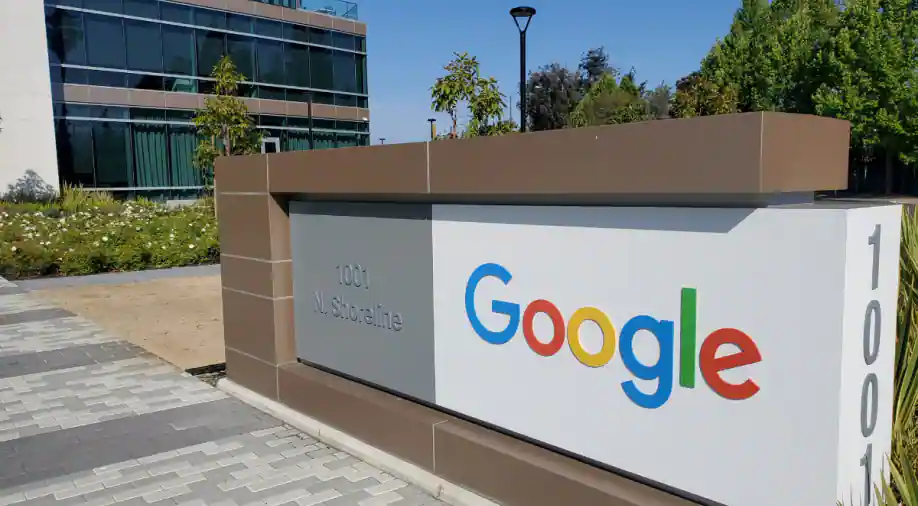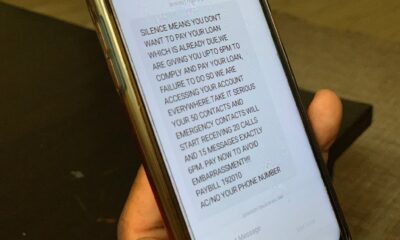Business
Google Has Suspended Hundreds Of Unlicensed Loan Apps In Kenya
-

 Investigations5 days ago
Investigations5 days agoInvestigation Exposes Alleged Sex Crimes at Alliance Girls High School Amid Institutional Cover-Up
-

 Business2 weeks ago
Business2 weeks agoHumphrey Kariuki: The Kenyan Billionaire Who Lost State Privileges After Alleged Multibillion Tax Evasion
-

 News2 weeks ago
News2 weeks agoHeavy Police Presence As All Roads Heading To State House Are Blocked
-

 Grapevine1 week ago
Grapevine1 week agoCS Alfred Mutua Embroiled in Custody Battle After A ‘Quick’ Moment With Kenyan Girl in Dubai
-

 News2 weeks ago
News2 weeks agoPolice Cordon Parliament with Razor Wire Ahead of Gen-Z Anniversary Protests
-

 News1 week ago
News1 week agoOle Kina Fragrance Sets Kenyan Market Abuzz with Million-Shilling Expansion
-

 News2 weeks ago
News2 weeks ago“I Knew Going to State House Was a Wrong Decision,” Omtatah Confesses
-

 Opinion1 week ago
Opinion1 week agoWhy Ruto Dumped Isiolo Governor Abdi Guyo: A Political Betrayal in the Making






















